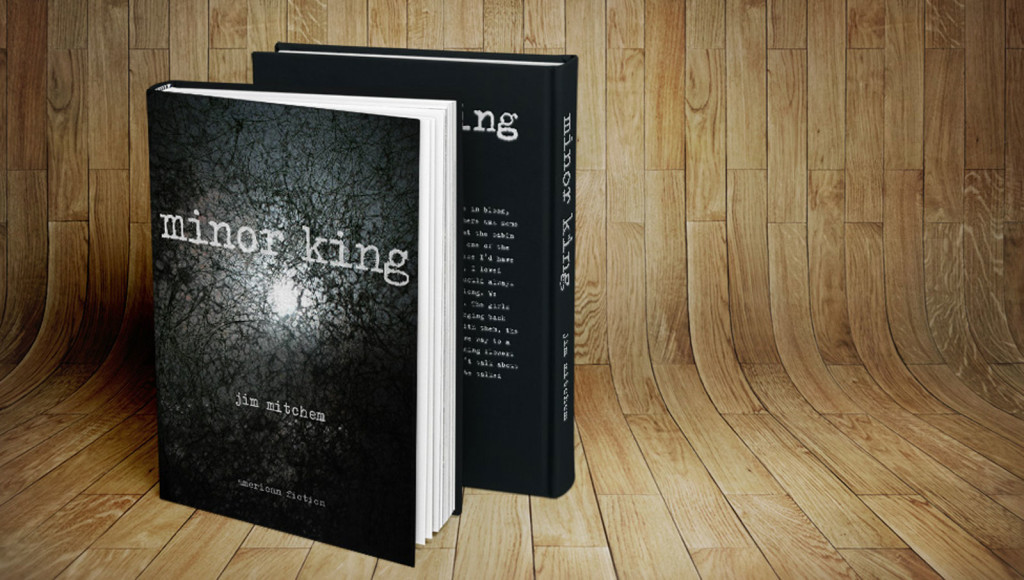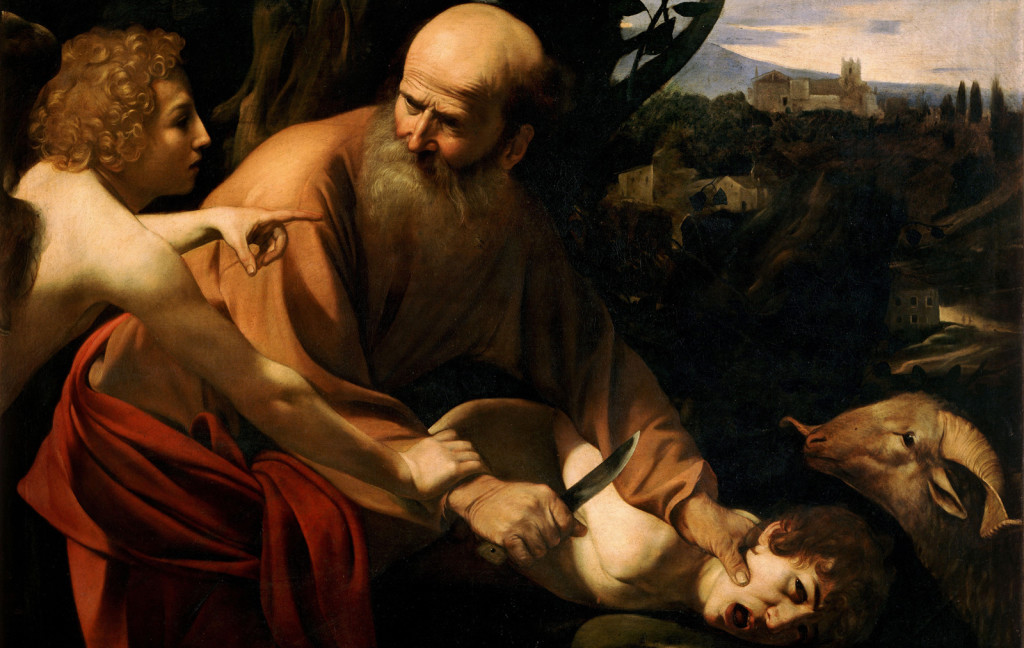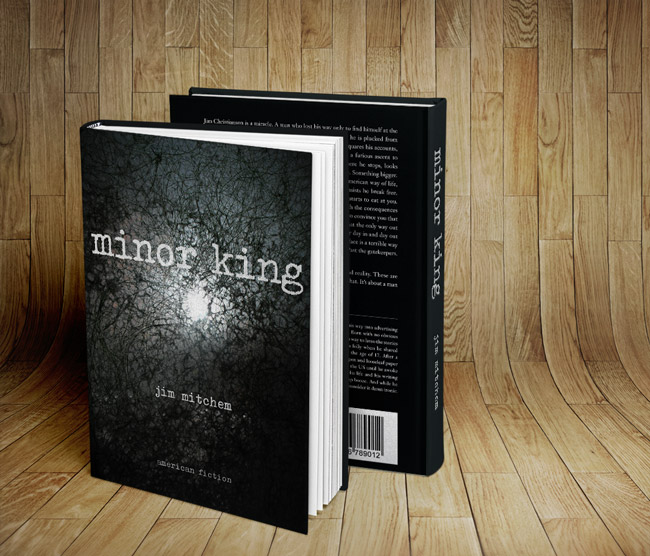
It’s been about a year since I published my novel, Minor King. I’m grateful to all of my friends who have read it. And, as an independent publisher of a minor work, I’m truly grateful that so many people have publicly endorsed it. Because it’s not an easy story to swallow.
In fact, that’s why I decided to write this post—to set a few things straight.
If you have not read the book, but intend to, I urge you to stop reading now and come back here after you do. You can buy the book here.
If you’re still here, good. Thanks again for reading.
As you may know, when I escaped to the solitude of the mountains for two weeks to write this story, I went up with an ending. That’s pretty much it. I decided to create a protagonist based on my own life, and, as a result, many of my friends had a hard time reading this story as fiction. But I assure you that aside from chapters 2 and 5, which are 90% true, this story is one big lie. I used my own backstory (chapter 2) to help develop the protagonist because, well, write what you know. Plus, it’s pretty amazing.
Before we go on, let’s recap: Minor King is the story of Jim Christianson, a hopeless man on the verge of suicide who turns his life over to God and, over time, obtains everything he ever dreamed of and more. He has a wife, a family, respect in the community, and is one of the top professionals in his field. As a business deal begins to unravel, JC notices the inequities between the rich and the middle class causing him to question the core tenets of the American Dream. Meanwhile, a strong urge to write rises in him, coaxing him into dark places where he begins to question his purpose in life. His urgency to write increases proportionately with his resentment for the wealthy, particularly his business partner Matthew LeCure. Convinced that the American Dream is a ruse created by the rich and powerful, Christianson devises a clever plan to make his business deal right and set his family up financially.
But then something else happens.
In the second-to-last chapter of the book, after he secures everything he wanted from his business deal, JC shoots Matthew, a former cyclist, in the legs—blowing holes in both and rendering them useless. The final chapter finds Christianson in prison where his last line is, “I was free.*”
The end.
WTF?
I’m always amazed to hear someone say they liked the book because, well, it’s not a very likable story. Plus, it’s not typical; it doesn’t have a classic plot arc, and it certainly doesn’t wrap up into some tight little bow at the end. Finally, the narrator, Christianson, is completely unreliable. He admits that he’s lying so many times that I don’t know how readers believe much of what he says. But that’s for another post. This one is to explain the ending.
Perhaps you picked up on it, but much of this story is based on biblical motifs. For example, every name is biblical. The book of Matthew plays an especially important role when you cross reference the times used in MK to verses in Matthew. When you consider that Matthew LeCure is the antagonist, these times take on new meaning when you also consider that our protagonist’s name is Christianson, and his initials are JC.
Jim Christianson had no control over his life. At all. In fact, when he did try to take control, he fucked his life up terribly. Remember, he tries to commit suicide. Twice. The first time it fails, and the second time he is spared by the voice of God. Shaken to his core after this event, he turns his will over to the care of God and his life gets better. Really better. American Dream better. But then he decides that he wants more, and engages in a bad business deal. And then, naturally, things get fucked up again. Sure, he ends up getting the money he wants, but at that point he’s made money his top priority in life. A very American thing to do.
But why does he shoot Matthew?
I recently asked this question on Facebook and got some great answers. Freedom was at the top of the list. Other answers included Respect, Destiny, and “To feed the beast” (to write). All of which are valid and, to a degree, true. But remember, JC isn’t in control.
The literal answer to the question of why Christianson shoots LeCure is because he’s instructed to do so by Ethan.
Ethan Cox is Christianson’s best friend. A confidant who often gives JC advice and who urges him to write more. But as his writing struggles mount, Jim’s excuses start to frustrate Ethan. Finally, in what appears as a dream sequence, we learn that Ethan is supernatural and is something like a guardian angel who has watched over JC for a long time (even loosening the noose from the beam in JC’s first attempt at suicide). In this dream, Ethan instructs JC to execute a plan that will allow him to fulfill his destiny to write. Ethan has no idea what it is JC is supposed to write, only that he must. And it’s his job to get him to do it.
We learn that this dream was real when Ethan texts JC with orders to execute the plan.
Only, who in his right mind would do this? JC loves his family and he has the money to escape “the machine.” Why why why?
JC agrees because of two things. First, it would be a symbolic attack on the foundation of the American system where the rich control the poor and middle class. Trust me, he has no problem pulling that trigger. And second, it means that he will finally have time quell the beast in his chest.
But mostly, JC shoots Matthew because of Faith.
He knows that every time he has ever put his trust in God, things have worked out better than he dreamed. Ethan’s directive was sent from a higher authority. An authority that guided Christianson’s life during its best times.
Shooting Matthew and trusting that everything was going to be ok, was the ultimate act of faith.
Write what you know, they say.
My own journey these past 25 years has been shaped by faith because, like JC, I’ve had plenty of reference points to things working out when I get out of my own way. Including that time I went to the mountains to write my first novel with only an ending in place.
Still, I feared that writing a book about faith and spirituality would be lost on most people. So I baked these concepts into a classic rags-to-riches tale set against a modern view of the American Dream. I then used these more universal themes to propel the story forward. People like stories they can identify with. But they also like endings that wrap up neatly.
Yeah, sorry about that.
But not really.
It was never my intention to spoon-feed the reader. Instead, I wanted each reader to take their own interpretation away from this story. Hell, I wanted readers to consider whether JC was even sane. Because frankly, I’m not even sure. After all, there’s a fine line between faith and madness.
So there it is. JC shoots Matthew as an act of blind faith believing that despite the time he would be apart from his family, everything would work out in the end. Not unlike the biblical stories of Job, Noah, David, and, most prominently, Abraham and Issac.
Perhaps if I’d used those names instead, the ending would have been more obvious.
Yeah, obvious. That’s exactly what I was going for in this story.
**
If you received a signed copy of the book, you saw my inscription of Matthew 6:24 (or M 6:24). If you’re not familiar with this verse, look it up. Not only is it something that JC struggles with, but it’s also the thing that this writer believes most Americans get wrong. We’re brought up in a machine where we’re taught to chase dreams that are paved in gold. Dreams that don’t exist. Fiction.
Trust your heart. That’s where the truth lives.
Thanks again for reading. If you haven’t done so, please consider leaving a review on Amazon so that others can decide to read this book. And by all means, feel free to reach out with any questions.

Sacrifice of Isaac, Caravaggio
* JC’s last line, “I am free,” which he says while in prison, is a stark juxtaposition to the opening lines of the book when he confesses that, despite having an American Dream life, he is haunted by visions of “wasting away in a cage.”
***

Ed Brinkley
Dec 1, 2015
Jim,
Why did you feel you had to explain your book?
Jim Mitchem
Dec 1, 2015
Hi Eddie. Great question. The answer is because there were a lot of readers who simply didn’t understand why it ended the way it did. Rather than lose them as future readers, I thought I’d take the time to explain the thinking behind it.
Addie K Martin
Dec 4, 2015
Wow, there’s so much more going on here than I thought or that I picked up on while reading your book. Thanks for explaining, though. It’s helpful for writers like me who are still just starting out in the craft of storytelling. When I can understand the thinking and process behind something, I can apply those learnings to the next relevant situation I encounter.
Jim Mitchem
Mar 11, 2016
Thanks, Addie. But don’t kid yourself, we’re all just starting out.
Addie K Martin
Mar 14, 2016
I’ll be sure to remember that. 🙂 🙂 thanks for the reminder, though.